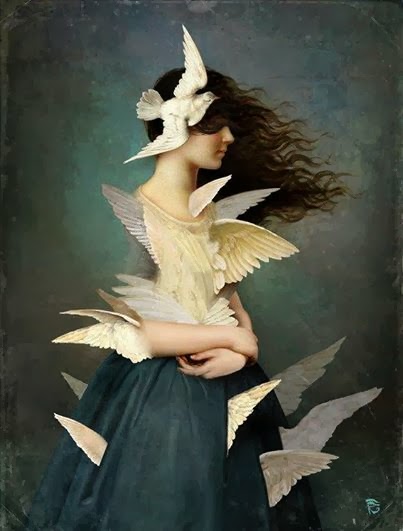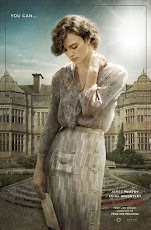There hasn't really been time for much quality reading; quality reading demanding, exactly, time - and most importantly: a mind bent on the idea of sitting down for some time with nothing other than yourself and another's voice.
The book that gave me the most out of the three I borrowed was Alan Bennett's The Uncommon Reader. I already knew about the book as it's been translated into Norwegian, but I hadn't read it and intuited that it would be perfect for a couple of sunny hours at the balcony. And so it was.
I didn't expect a book full of dry wit, understatement and an ever growing list of authors to check in with, but that is what I got. Quite the surprise.
The uncommon reader happens to be the Queen of England herself, Elizabeth II. This book portrays the activity of reading and what might follow from it. When a personage like the Queen takes up reading, it has rather a large impact on her life and how she lives it. She simply discovers the world of reading -- the vast, fantastic, gory, dark, rich and sometimes frustrating world of reading. How many of these authors she has met already, through some gathering at the Palace, without the slightest idea who she has been sitting next to or lead such a boring, conventional conversation with. The regrets she has! The opening scene is priceless, where the president of France is taken completely by surprise by the Queen's new range of conversation topics:
The whole book follows in this dry and witty but somehow warm and passionate style, portraying the Queen as an interesting and interested being, as she is on a kind of quest of luring out what literature is all about and what writers have been thinking and, of course, writing for several hundred years. Leading to some quite dramatic change, I can tell you.
In fact, Bennett's fictitious Queen made me feel rather more sympathetic to the real one, in itself a way of thematising literature's strange powers. Imagining oneself into the head and life of someone, famous or not, can have quite the effect on the reader and the way she views the person described. In this case it opened me to the possible quirky and humorous sides to the English monarch - the more human sides to the very polished facade, I dear say.
Bennett has written a lot of plays, and this is quite visible in his dialogues: oral, to the point and often with a humorous edge. This and the whole bibliophile theme going on made me melt completely to this book.
I guess this is what you can call a recommendation.
Happy spring to you!
'Now that I have you to myself,' said the Queen, smiling to left and right as they glided through the glittering throng, 'I've been longing to ask you about the writer Jean Genet.'
'Ah,' said the president. 'Oui.'
The Marseillase and the national anthem made for a pause in the proceedings, but when they had taken their seats Her Majesty turned to the president and resumed.
'Homosexual and jailbird, was he nevertheless as bad as he was painted? Or, more to the point' - and she took up her soup spoon - 'was he as good?'
Unbriefed on the subject of the glabrous playwright and novelist, the president looked wildly about for his minister of culture. But she was being addressed by the Archbishop of Canterbury.
'Jean Genet,' said the Queen again, helpfully. 'Vous le conaissez?'
'Bien sûr,' said the president.
'Il m'intéresse,' said the Queen.
'Vraiment?' The president put down his spoon. It was going to be a long evening.
The whole book follows in this dry and witty but somehow warm and passionate style, portraying the Queen as an interesting and interested being, as she is on a kind of quest of luring out what literature is all about and what writers have been thinking and, of course, writing for several hundred years. Leading to some quite dramatic change, I can tell you.
In fact, Bennett's fictitious Queen made me feel rather more sympathetic to the real one, in itself a way of thematising literature's strange powers. Imagining oneself into the head and life of someone, famous or not, can have quite the effect on the reader and the way she views the person described. In this case it opened me to the possible quirky and humorous sides to the English monarch - the more human sides to the very polished facade, I dear say.
Bennett has written a lot of plays, and this is quite visible in his dialogues: oral, to the point and often with a humorous edge. This and the whole bibliophile theme going on made me melt completely to this book.
I guess this is what you can call a recommendation.
Happy spring to you!









